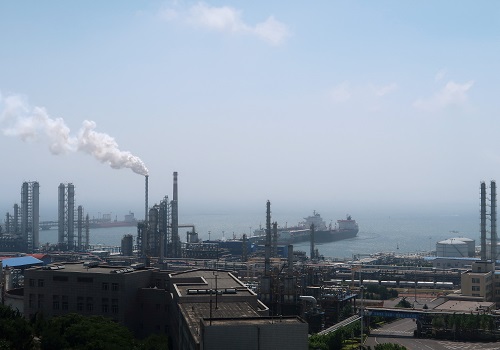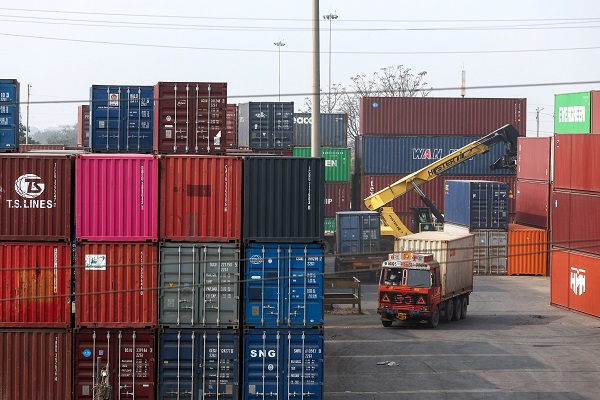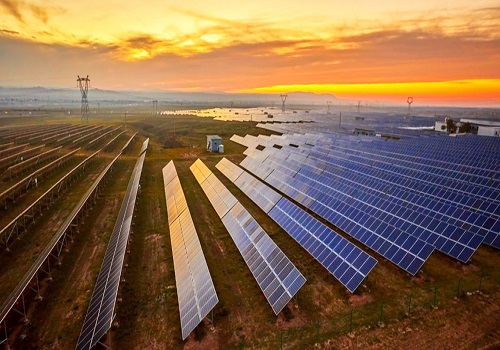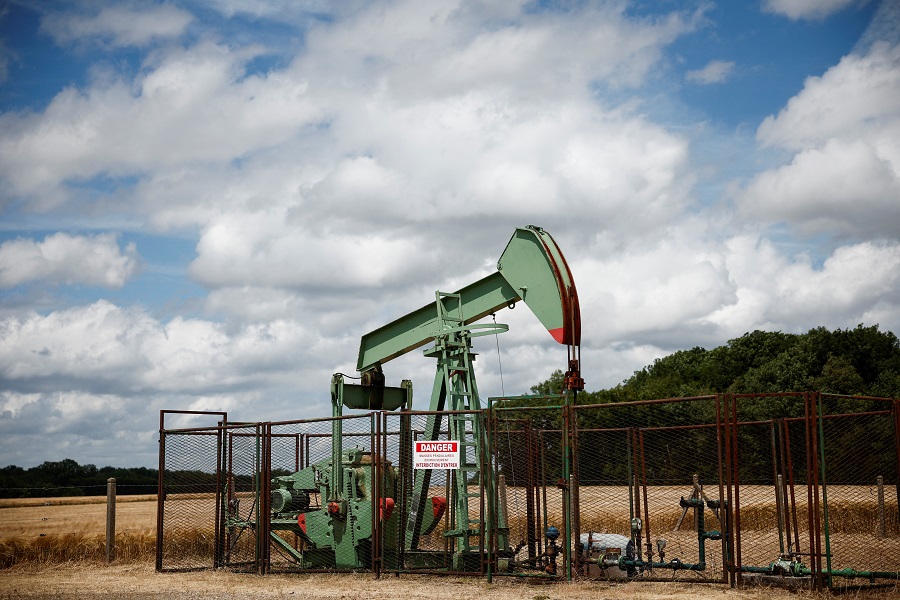Oil heads for weekly fall on demand worries, dollar strength

Oil prices fell slightly in early Asian trade on Friday, on track for a weekly decline as weak manufacturing activity hurt the global demand outlook and the dollar remained buoyant.
Brent crude fell 16 cents, or 0.2%, to $83.20 a barrel by 0013 GMT, while U.S. West Texas Intermediate crude fell 18 cents, or 0.2%, to $78.91 a barrel.
Crude prices are set to fall between 2%-3% for the week, a second consecutive week of decline.
Oil settled modestly higher in the previous session after Dutch consultancy Insights Global posted data showing gasoil stocks held in independent storage in the Amsterdam-Rotterdam-Antwerp (ARA) refining and storage hub declined by 3% in the latest week.
Investor caution ahead of remarks from Federal Reserve Chair Jerome Powell at the Jackson Hole Symposium lifted the safe-haven dollar to a 10-week high, its biggest rise in a month, as markets waited for word on how long rates would stay high. A strong dollar makes oil more expensive for holders of other currencies, denting demand.
Oil fell for much of the week as global economies reported shrinking factory activity. Japan reported lower factory activity for a third straight month in August. Euro zone business activity also declined more than expected and Britain's economy looked set to shrink in the current quarter.
India's oil consumption growth has also slowed in recent months on high inflation and slowing global trade. The increase in the first seven months was equivalent to roughly 255,000 barrels per day (bpd), down from growth of 415,000 bpd in 2021/22.
On the supply side, the market largely shrugged off reports earlier in the week that Saudi Arabia would likely extend its production cuts of 1 million barrels per day into October.
Iran's crude oil output will reach 3.4 million bpd by the end of September, the country's oil minister was quoted as saying by state media, even though U.S. sanctions remain in place.





















